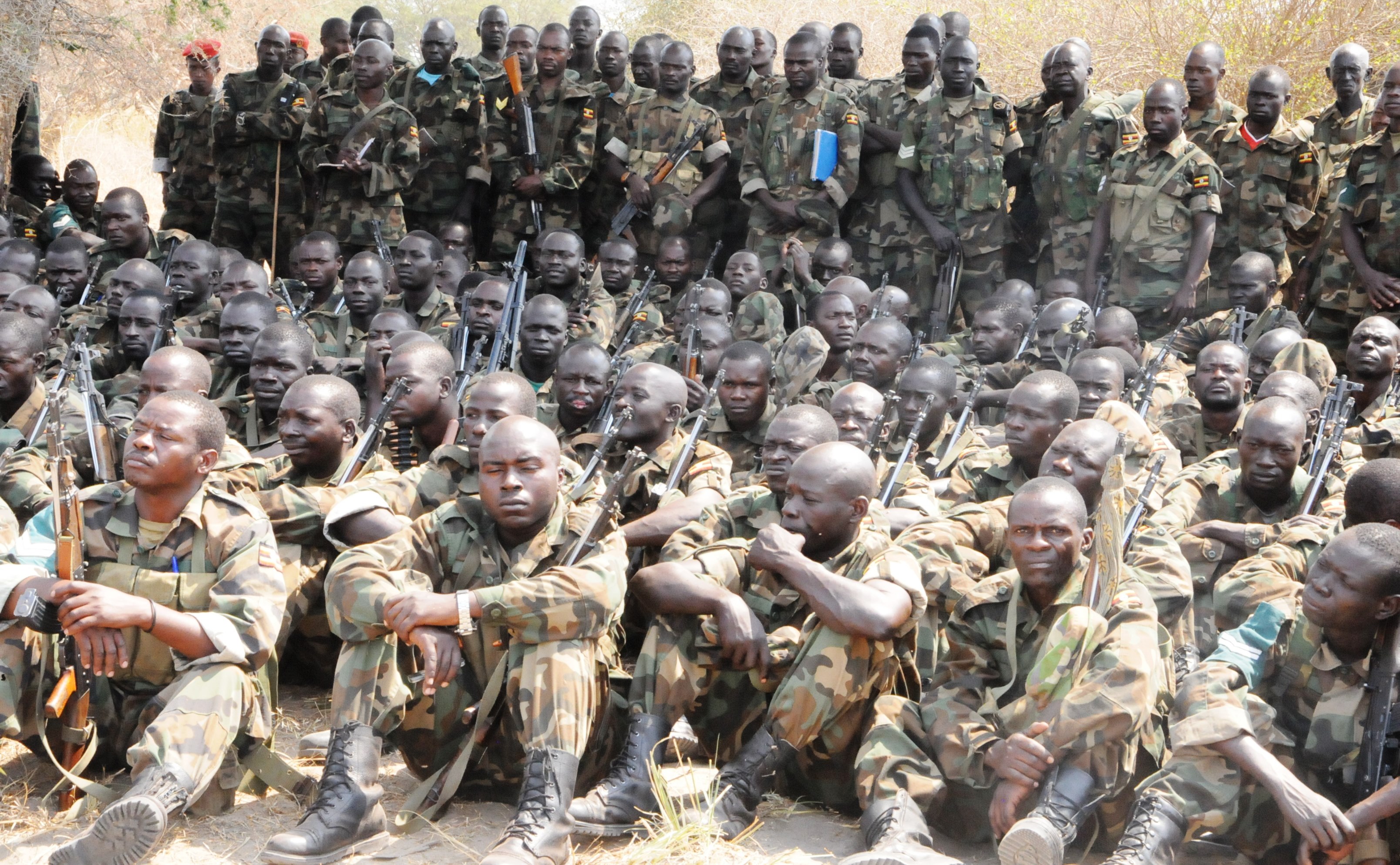The pull-out is in line with the terms of an August peace deal signed by South Sudanese President Salva Kiir and rebel leader Riek Machar, and also with a 9 October UN Security Council resolution.
Tens of thousands of people, mostly civilians, have been killed in the conflict, which has also driven one in five of the country’s population from their homes.
Clashes have continued in several areas since the signing of the latest peace deal.
See: Another peace deal unravels in South Sudan
The troops were deployed during the early stages of the current conflict when large numbers of civilians were being killed. Kampala justified the move as needed to avert a “genocide”, but it soon became clear their primary role would be to support Kiir.
Ugandan Chief of Defence Staff General Edward Katumba Wamala told IRIN the withdrawal of the Ugandan People’s Defence Forces (UPDF) would be completed by the first week of November.
“We shall be closely monitoring the events and situation there,” he said. “We shall not hesitate to return if things go bad. The stability in South Sudan is the stability of Uganda.”
What chance for peace?
“Uganda's withdrawal significantly boosts the prospects for peace, although there are still major hurdles for the government and rebels to leap,” cautioned Phil Clark, a Great Lakes expert at SOAS, University of London.
Clark said the UPDF’s presence in South Sudan had prolonged the conflict and failed to halt atrocities committed by government troops.
“The Ugandan troops, despite their grand statements, were never a neutral peacekeeping force dedicated to protecting civilians, but rather an active supporter of Salva Kiir and the South Sudan government. This strengthened the government (position) considerably and encouraged it to keep fighting rather than negotiating a peaceful settlement with the rebels,” he told IRIN.
“The Ugandan presence also increased the chances of the conflict escalating regionally. Uganda was fortunate that it lost only nine troops during the fighting. Any large-scale killings of Ugandan troops by Machar's forces could have led to an all-out Ugandan invasion in support of the government, which would have had disastrous consequences.”
“You can’t be a player, referee and a facilitator at the same time. We believe the withdrawal will possibly give a peace a chance,” he added, alluding to Uganda’s role as a guarantor of the latest peace deal.
Damage to Uganda
Nicholas Opiyo, a regional analyst and human rights lawyer based in Kampala, said the pullout had “saved Uganda’s economy.”
“The human and financial cost of maintaining our troops in South Sudan war was tremendous. We incurred huge financial losses and personnel. We had to pay and keep our soldiers there. We lost the troops who were killed in the battle.”
John Ndebesa, a senior history lecturer at Makerere University, regretted the deployment ever took place.
“We need dialogue and mediation rather than militarism to solve crises in this volatile region. Whenever a crisis happens in the region, we [Uganda] rush into military means and that has failed to work. Militarism compounds the problem,” he told IRIN.
“Uganda has been a bone of contention between the warring parties in South Sudan’s peace process. When it withdraws and is replaced by international force, it gives peace a chance, in a sense that the warring parties will have trust in the force as neutral.”
Also happy with the development was Ugandan opposition legislator Jack Wamai Wamanga. “The troops were sent to South Sudan without our required parliamentary approval,” he told IRIN. “The international community condemned, denounced and demanded us to withdraw our troops.”
so/am/ag





